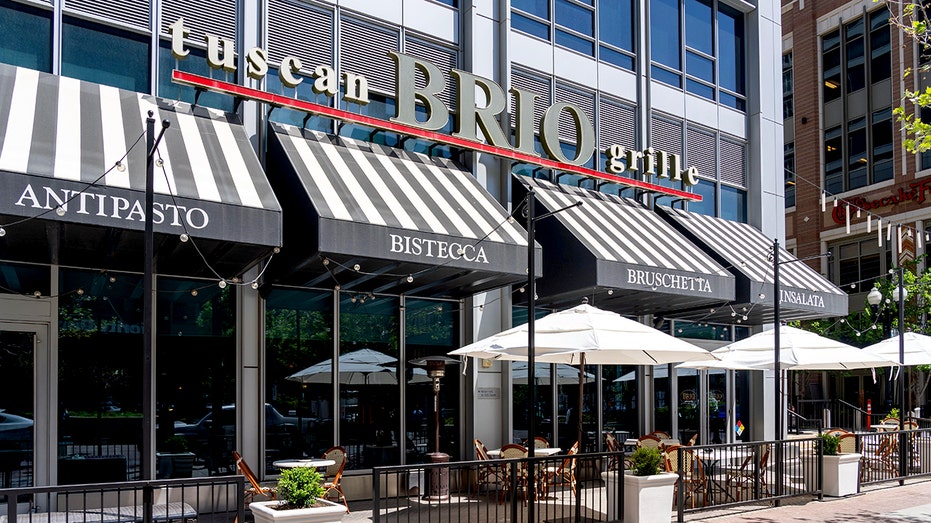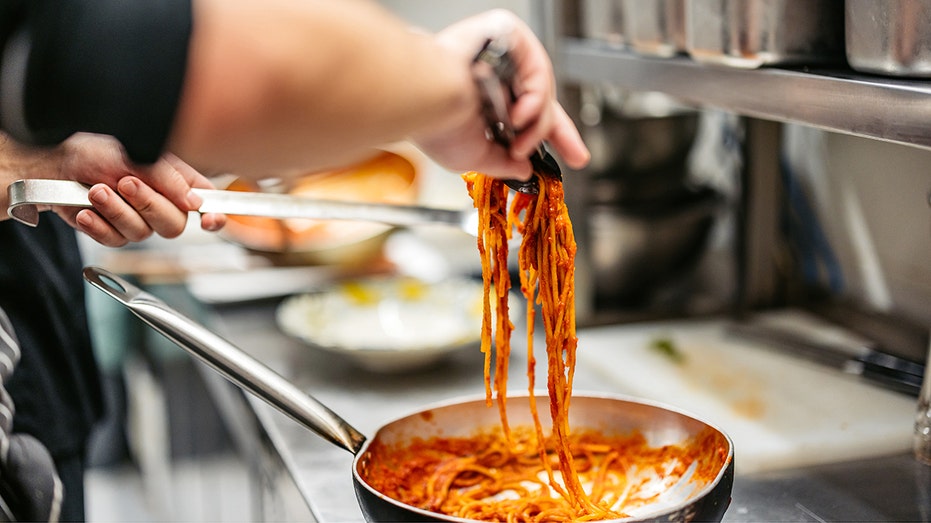Funding writer Michael Gayed speaks on the Federal Reserve’s position within the nice monetary disaster, funding alternatives and extra on ‘Making Cash.’
Bravo Brio Eating places LLC, the father or mother of Bravo! Italian Kitchen and Brio Italian Grille, filed for Chapter 11 chapter safety for the second time in 5 years, citing the “acute monetary misery” dealing with the trade.
The corporate filed within the U.S. Chapter Court docket for the Center District of Florida on Aug. 18, aiming to restructure its debt, streamline and scale back operational bills, shed underperforming leases, shut underperforming areas and entice a brand new investor.
Previous to submitting for chapter safety, the corporate closed seven areas. In complete, there are 48 areas working throughout the nation underneath each manufacturers with about 4,000 staff. Forty-seven areas are leased.
Within the submitting, the corporate mentioned that whereas the speedy impression of COVID-19 subsided, the nation subsequently confronted “rampant inflation and a pointy doubling of rates of interest.”
Bravo Brio Eating places cited excessive inflation and rates of interest as causes for its monetary struggles. (Getty / Getty Photos)
HOOTERS LOOKING AT POSSIBLE BANKRUPTCY FILING
These pressures hindered shopper spending throughout industries, though the corporate mentioned the informal dining-in restaurant sector was “hit particularly arduous.”
“Eating places, notably legacy informal eating eating places manufacturers, had been disproportionately affected as a result of they function on skinny margins, rely closely on discretionary shopper spending, and face increased sensitivity to will increase in meals, labor, and occupancy prices,” the corporate mentioned within the submitting, including that rising costs discourage prospects from eating out whereas increased rates of interest elevated financing prices.
Bravo mentioned these had been the very the explanation why there have been a number of Chapter 11 filings amongst legacy manufacturers together with Crimson Lobster, Tijuana Flats, Fridays and Hooters.
RED LOBSTER IS BACK; CEO PLOTS FUTURE FOR SEAFOOD CHAIN
Chapter legal professional Daniel Gielchinsky projected in February {that a} rising variety of main restaurant chains will seemingly proceed to file for chapter safety over the approaching years.
A number of components led to their downfall, in response to Gielchinsky, founder and associate of South Florida-based DGIM Legislation.

The corporate closed seven areas earlier than submitting for Chapter 11 chapter safety on Aug. 18. (Alamy / Alamy)
Nevertheless, the COVID-19 pandemic was the catalyst, because the trade noticed visitors decline considerably. Operators needed to maintain their doorways open, in order that they needed to cowl prices like lease, insurance coverage and payroll, regardless that prospects weren’t coming in. To remain afloat, eating places relied on authorities subsidies but additionally on taking out loans to fund enterprise bills. This meant that firms collected debt that they needed to pay again over time plus curiosity.
GET FOX BUSINESS ON THE GO BY CLICKING HERE
The issue, nevertheless, is that the trade anticipated shopper spending at eating places to return to pre-pandemic ranges as soon as issues returned to regular. When that didn’t occur, debt-ridden eating places had been unable to repay these loans, in response to Gielchinsky.

The COVID-19 pandemic and excessive inflation brought on hardship for a lot of eating places within the U.S. (Getty / Getty Photos)
High-line income by no means rebounded, in response to Gielchinsky, who mentioned that “prospects by no means got here again in full drive” as a consequence of adjustments of their habits and spending skill.

